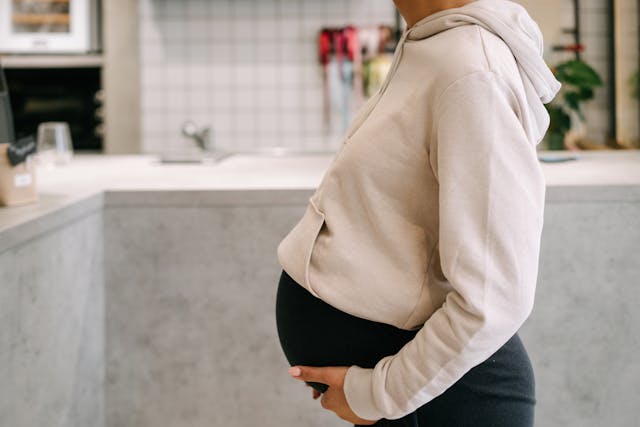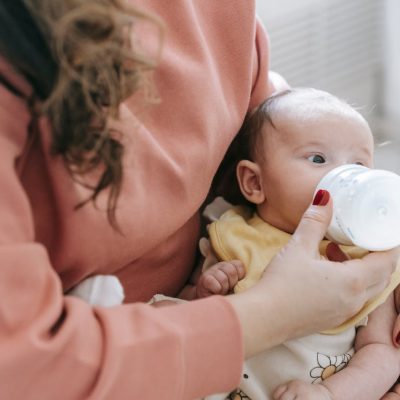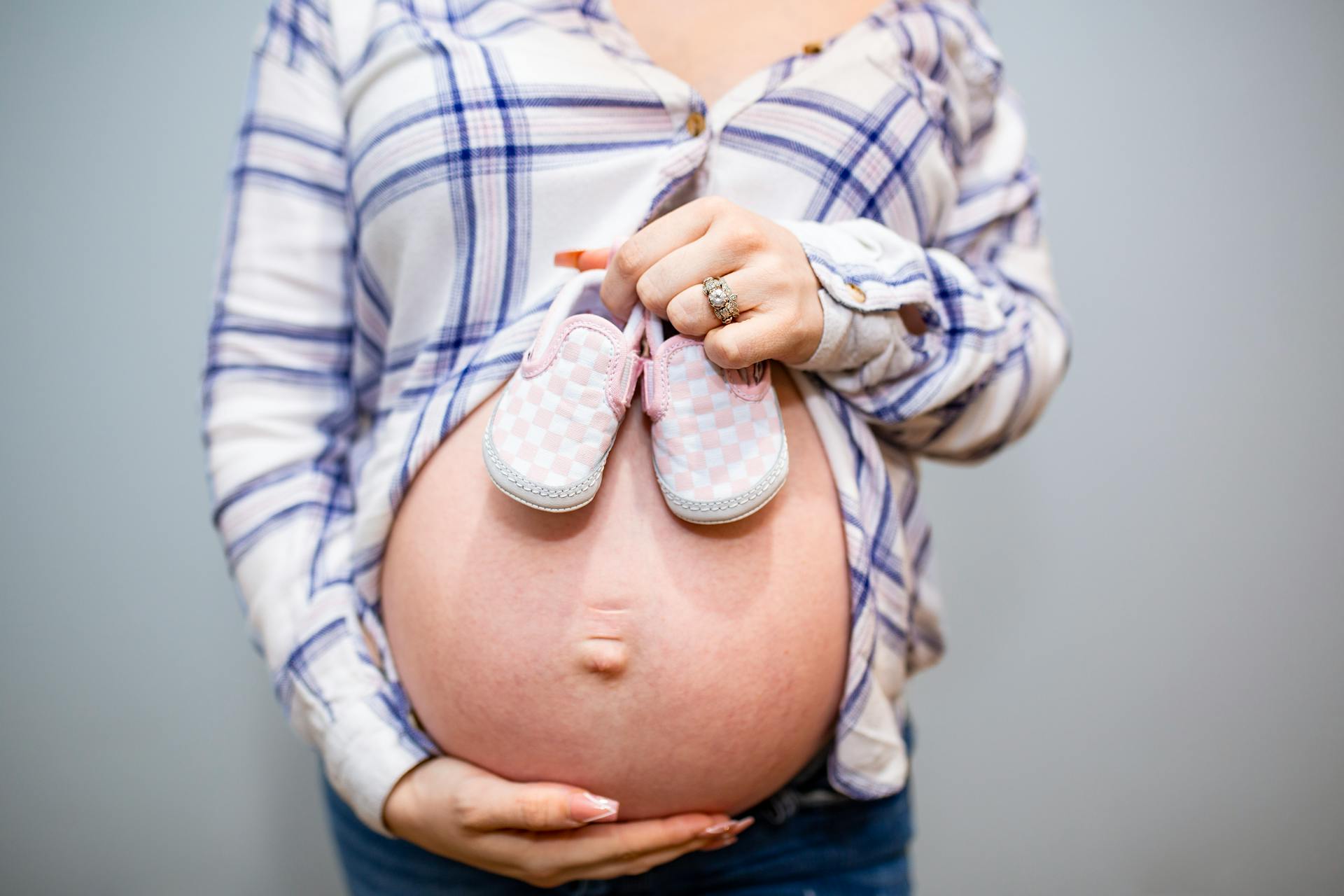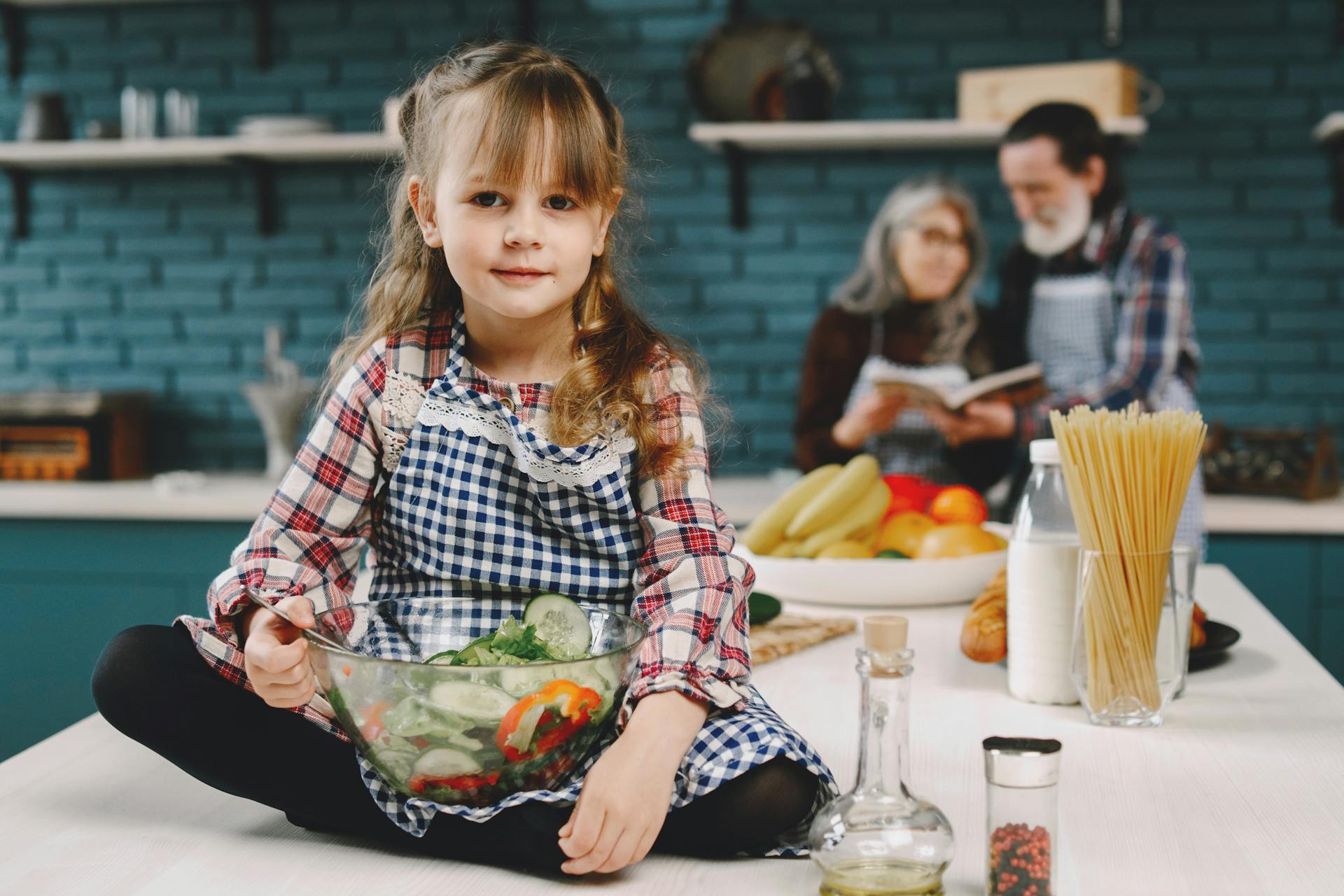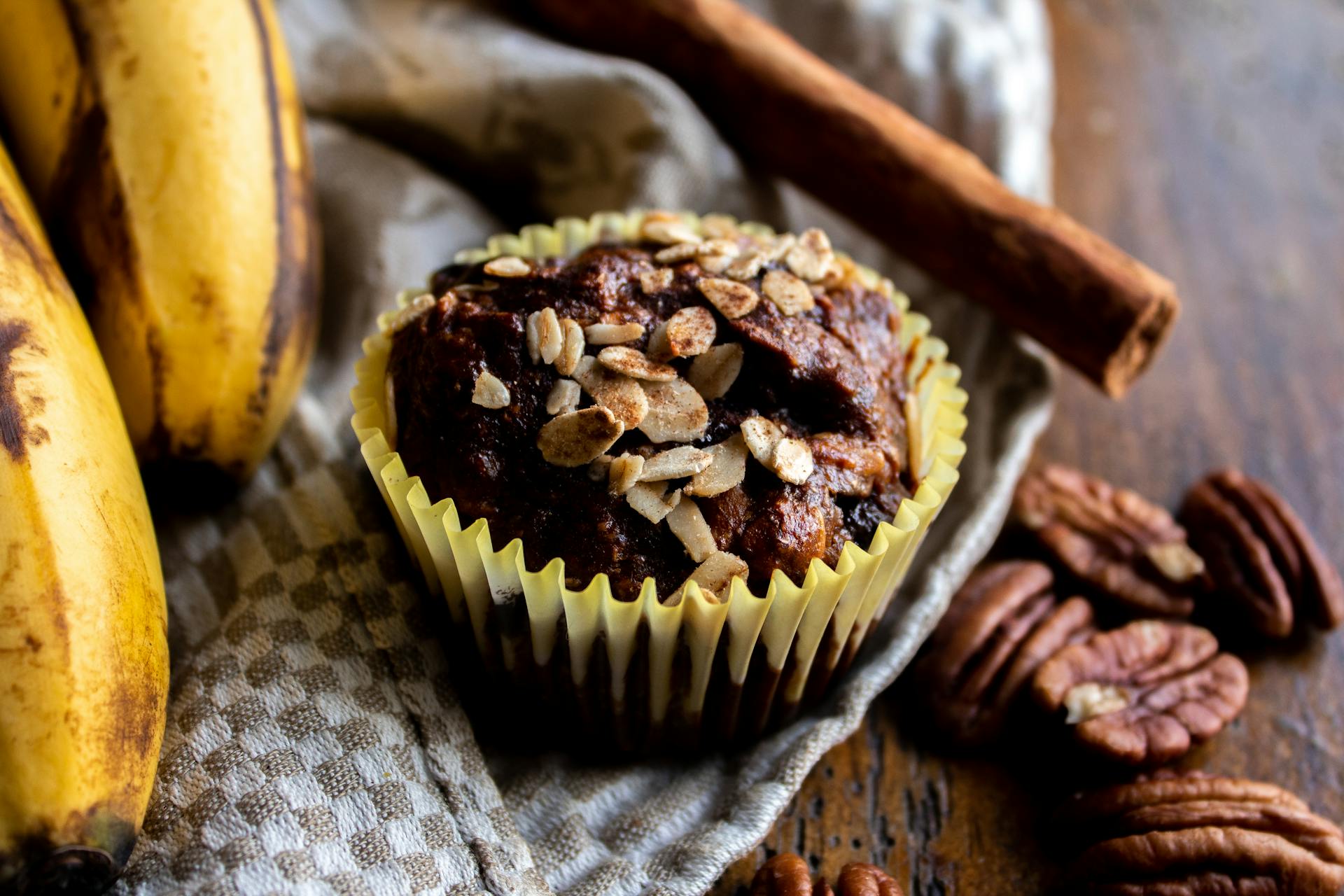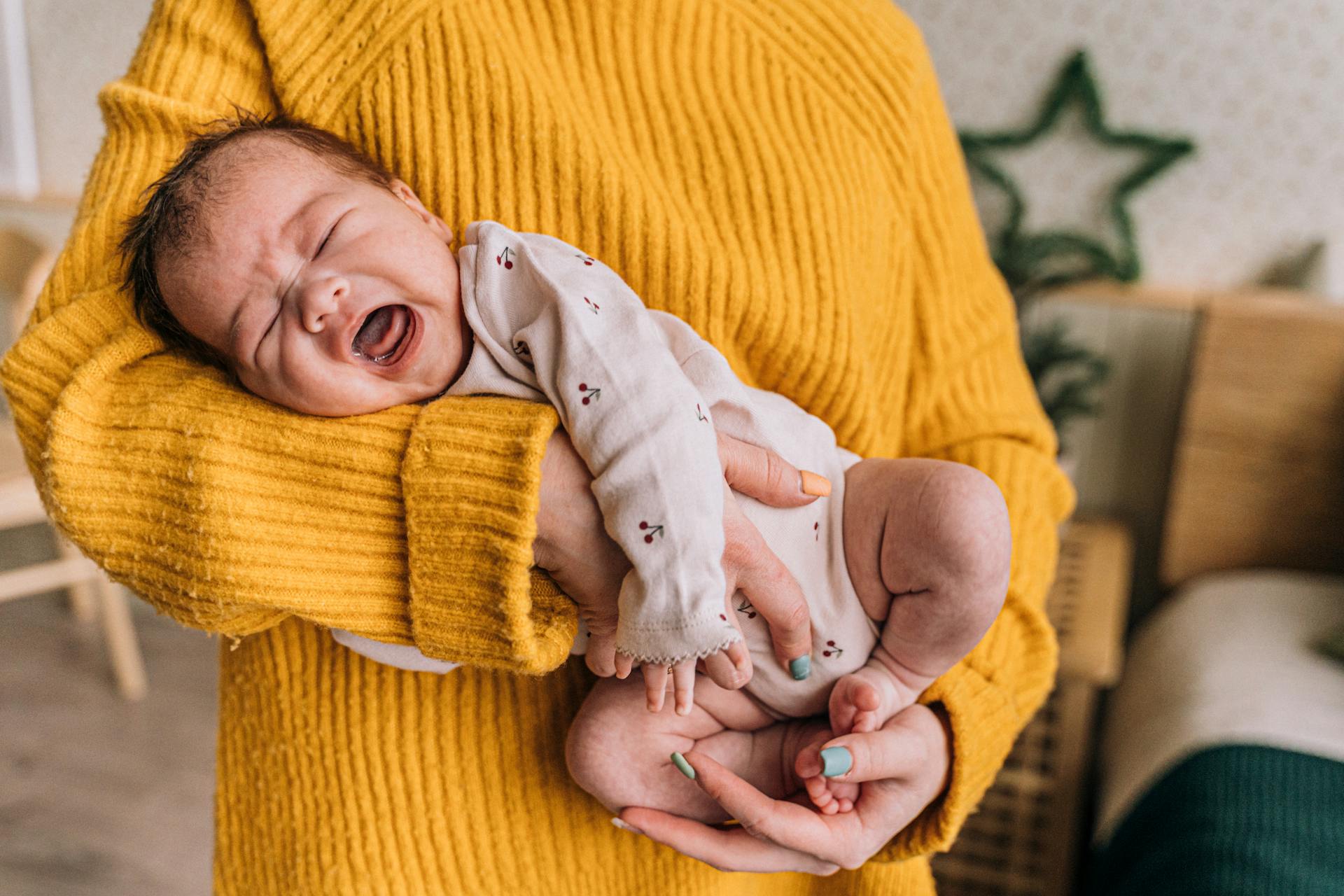Pregnancy is a transformative time in a woman’s life, accompanied by significant physical and hormonal changes. While much attention is given to common pregnancy symptoms such as nausea, fatigue, and food cravings, gastrointestinal issues, including diarrhea, are often overlooked. Many pregnant women wonder, “Can pregnancy cause diarrhea?” The answer is yes, but the reasons for it can vary. In this article, we’ll explore why diarrhea may occur during pregnancy, how to manage it, and when to seek medical attention.
Why Does Pregnancy Cause Diarrhea?
Diarrhea during pregnancy can be attributed to several factors. Here’s a breakdown of the most common causes:
1. Hormonal Changes
Pregnancy hormones, especially progesterone, play a significant role in slowing down or altering digestion. While progesterone typically causes constipation, the fluctuating balance of hormones can sometimes lead to diarrhea.
2. Dietary Changes
Many pregnant women adopt healthier eating habits after discovering they are pregnant. Sudden increases in fiber intake or the introduction of new foods can upset the digestive system, causing diarrhea.
3. Food Sensitivities
Pregnancy can heighten sensitivity to certain foods, even those that were well-tolerated before. Dairy products, spicy foods, or high-fat meals might trigger diarrhea.
4. Prenatal Vitamins
Some prenatal vitamins, especially those containing iron, can irritate the stomach and lead to diarrhea in some women.
5. Increased Sensitivity to Infections
Pregnancy weakens the immune system to protect the developing baby, making women more susceptible to gastrointestinal infections caused by bacteria, viruses, or parasites.
6. Stress and Anxiety
The emotional rollercoaster of pregnancy can sometimes affect the digestive system. Stress or anxiety may trigger diarrhea in some women.
When Is Diarrhea Most Common During Pregnancy?
Diarrhea can occur at any stage of pregnancy, but certain periods are more likely to trigger digestive issues:
- First Trimester: Hormonal changes and dietary adjustments are common culprits.
- Third Trimester: As the body prepares for labor, some women experience diarrhea due to shifts in hormone levels or increased pressure on the digestive system from the growing uterus.
Is Diarrhea During Pregnancy Normal?
Occasional diarrhea is generally not a cause for concern during pregnancy. It’s often a temporary condition that resolves on its own within a few days. However, persistent or severe diarrhea can lead to dehydration, which can be dangerous for both the mother and baby.
How to Manage Diarrhea During Pregnancy
If you’re experiencing diarrhea during pregnancy, there are steps you can take to feel better and prevent complications:
1. Stay Hydrated
Diarrhea can lead to dehydration, so it’s crucial to replenish lost fluids. Drink plenty of water, and consider beverages with electrolytes, such as coconut water or oral rehydration solutions, if diarrhea persists.
2. Eat a BRAT Diet
The BRAT diet (bananas, rice, applesauce, and toast) is gentle on the stomach and can help firm up stools. These foods are easy to digest and can provide relief.
3. Avoid Trigger Foods
Identify and avoid foods that may be exacerbating your diarrhea. Spicy, greasy, or high-fiber foods might need to be temporarily eliminated from your diet.
4. Take Probiotics
Probiotics, found in yogurt or supplements, can help restore the balance of good bacteria in your gut and may alleviate diarrhea.
5. Rest and Relax
Allow your body time to recover by getting plenty of rest. Stress and fatigue can worsen digestive issues, so prioritizing relaxation is key.
6. Monitor Medications
If you suspect that a prenatal vitamin or medication is causing diarrhea, consult your healthcare provider. They may recommend an alternative or adjusted dosage.
When to Seek Medical Attention
While occasional diarrhea is usually harmless, there are times when you should contact your healthcare provider:
- Persistent Diarrhea: Lasting more than two days.
- Severe Symptoms: Such as fever, severe abdominal pain, or blood in stools.
- Signs of Dehydration: Including dark urine, dry mouth, dizziness, or fatigue.
- Unintended Weight Loss: Losing weight during pregnancy can be a sign of a more serious issue.
How to Prevent Diarrhea During Pregnancy
Prevention is always better than cure. Here are some tips to minimize the chances of experiencing diarrhea during pregnancy:
1. Practice Good Food Hygiene
- Wash fruits and vegetables thoroughly.
- Avoid raw or undercooked meats, fish, and eggs.
- Be cautious about food prepared in unsanitary conditions.
2. Introduce Dietary Changes Gradually
If you’re making changes to your diet during pregnancy, do so gradually to give your digestive system time to adjust.
3. Stay Hydrated
Drinking adequate fluids helps maintain healthy digestion and prevents constipation, which can sometimes lead to alternating diarrhea.
4. Avoid Known Triggers
If you’re aware of foods that upset your stomach, steer clear of them during pregnancy.
5. Monitor Prenatal Vitamins
Choose prenatal vitamins with your doctor’s guidance, ensuring they suit your digestive system.
Frequently Asked Questions
1. Is diarrhea a sign of early pregnancy?
Yes, some women experience diarrhea as an early symptom of pregnancy due to hormonal changes. However, it is not a definitive sign of pregnancy.
2. Can diarrhea harm the baby?
Occasional diarrhea is unlikely to harm the baby. However, severe or prolonged diarrhea that leads to dehydration can affect the baby’s health, so it’s important to stay hydrated and seek medical advice if necessary.
3. Can I take anti-diarrheal medication during pregnancy?
Consult your doctor before taking any medication during pregnancy, including over-the-counter anti-diarrheal drugs. Some medications may not be safe for pregnant women.
4. Should I stop eating if I have diarrhea?
No, it’s important to eat small, bland meals to keep your energy up and aid recovery. Focus on foods that are easy to digest.
Conclusion
Diarrhea during pregnancy is not uncommon and is often caused by hormonal changes, dietary shifts, or increased sensitivity to foods. While occasional diarrhea is usually harmless, persistent or severe cases should be addressed with the help of a healthcare provider to ensure the health and well-being of both mother and baby.
By staying hydrated, eating carefully, and maintaining good food hygiene, you can manage or even prevent diarrhea during pregnancy. If you’re ever in doubt about your symptoms, don’t hesitate to seek professional medical advice. After all, ensuring your comfort and health is essential for a positive pregnancy journey.

